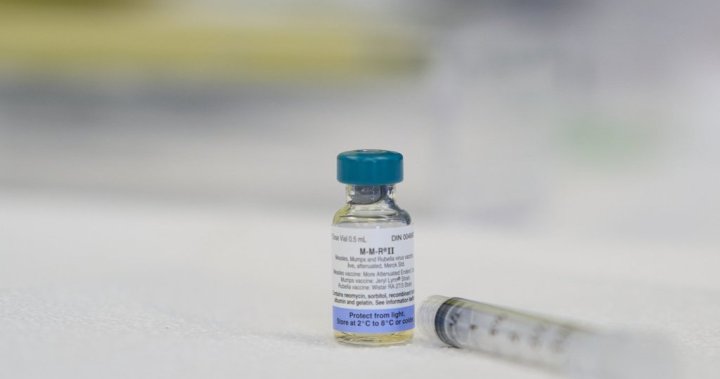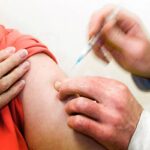Alarming new data reveals a troubling trend across the Maritime provinces as childhood measles vaccination rates continue to decline, placing communities at heightened risk for potential outbreaks. The downward trajectory coincides with a resurgence of measles cases globally, raising serious concerns among public health officials who warn that the region’s immunization shield is weakening.
“We’re seeing vaccination coverage dip below the critical 95% threshold needed for herd immunity in several Maritime communities,” said Dr. Eleanor Wentworth, regional immunization coordinator for the Atlantic provinces. “This creates dangerous pockets of vulnerability where measles—one of the most contagious viruses known to humanity—can gain a foothold.”
According to provincial health records obtained through access to information requests, New Brunswick’s measles vaccination rate has fallen to 87% for children entering kindergarten, down from 94% just five years ago. Similar declines have been documented in Nova Scotia (89%) and Prince Edward Island (91%), marking the lowest coverage rates in over two decades.
The measles virus, which can remain airborne for up to two hours and infects approximately 90% of unprotected individuals exposed to it, presents a particular threat to infants too young for vaccination and immunocompromised individuals who cannot receive the vaccine for medical reasons.
Health authorities attribute the declining vaccination rates to a complex interplay of factors, including pandemic-related disruptions to routine healthcare, the proliferation of vaccine misinformation on social media, and increasing complacency as memories of widespread measles outbreaks fade from public consciousness.
“We’ve become victims of our own success,” explained Dr. Marcus Chen, infectious disease specialist at Dalhousie University. “Because vaccines have been so effective at preventing these diseases, many parents today have never witnessed the devastating effects of measles and don’t perceive it as a serious threat.”
The consequences of lowered vaccination rates have already manifested elsewhere in Canada. British Columbia experienced a significant measles outbreak last year that infected 27 people, predominantly unvaccinated children, and required extensive contact tracing and quarantine measures that strained public health resources.
Maritime health departments have launched renewed vaccination campaigns, including mobile immunization clinics and targeted outreach to communities with particularly low coverage. Officials are also working with school boards to strengthen enforcement of immunization requirements for school entry, though religious and philosophical exemptions remain available in all three provinces.
“The MMR vaccine is extraordinarily safe and effective,” emphasized Dr. Wentworth. “It prevents not only measles but also mumps and rubella, and has undergone rigorous safety monitoring for decades. The risk of serious side effects is infinitesimally small compared to the dangers posed by these diseases.”
Before widespread vaccination, measles infected approximately 400,000 Canadians annually, causing hundreds of deaths and thousands of cases of encephalitis, pneumonia, and other severe complications. The disease was declared eliminated in Canada in 1998, but imported cases continue to trigger localized outbreaks in under-vaccinated communities.
Health economists estimate that every dollar invested in measles vaccination saves the healthcare system approximately $16 in treatment costs and productivity losses, making it one of the most cost-effective public health interventions available.
As global travel resumes post-pandemic and measles cases surge internationally, Maritime health officials warn that the region’s declining vaccination rates leave communities increasingly vulnerable. The question now facing residents across New Brunswick, Nova Scotia, and Prince Edward Island is whether it will take an actual outbreak to reverse the dangerous slide in vaccination coverage, or if preventive action can restore protective immunity before measles finds its opportunity.

























